The surprising risks of sleeping with the heating on at night, as revealed by experts
It's so important to keep a bedroom cool, even during the winter months

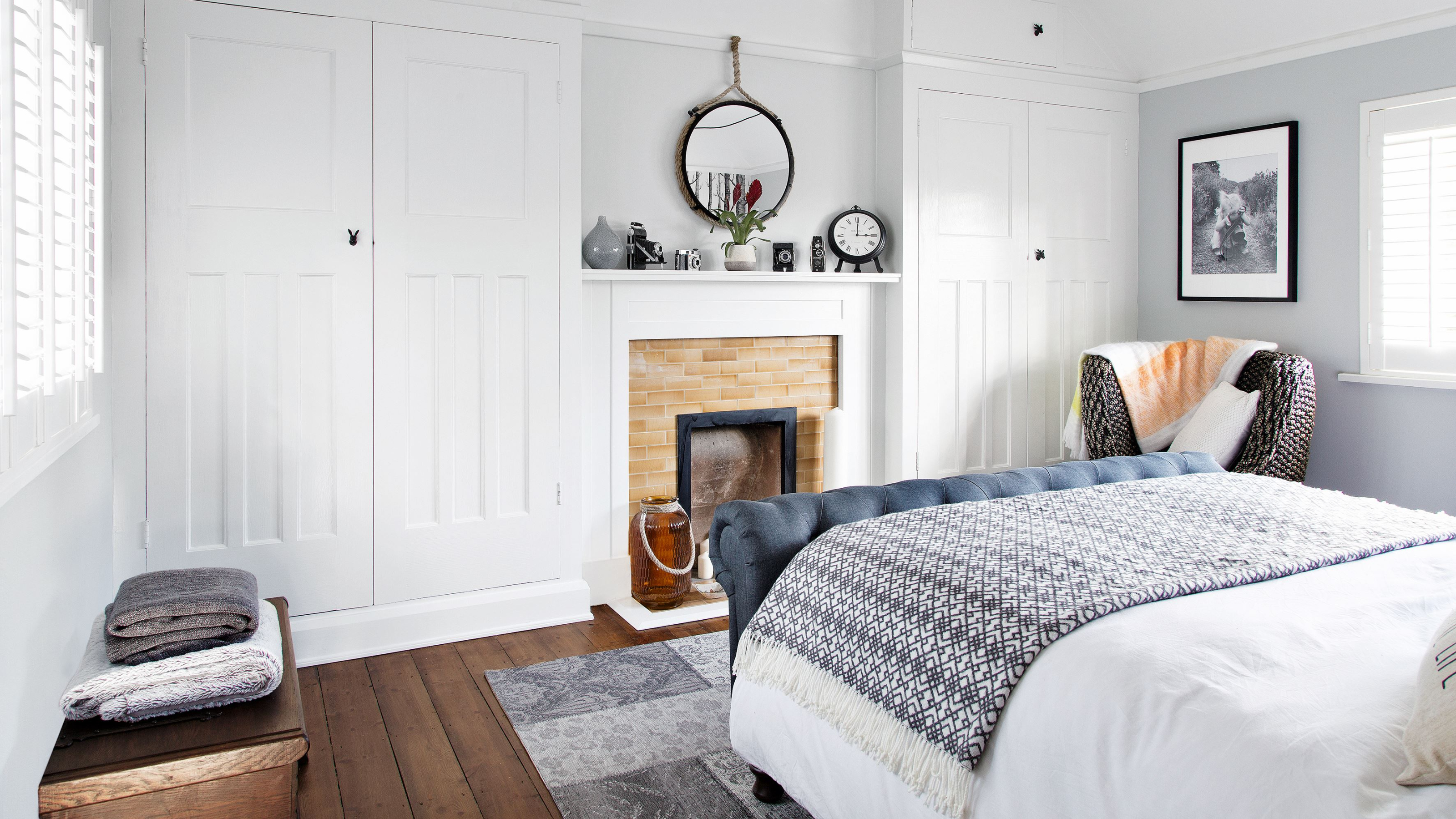
Sign up to our newsletter for style inspiration, real homes, project and garden advice and shopping know-how
You are now subscribed
Your newsletter sign-up was successful
Should heating be on at night? It feels like a good idea at the time, especially if you find yourself constantly shivering while trying to get a good night's sleep. However, did you know that it actually comes at a cost beyond just your energy bills?
As the cost of living continues, there are many of us who would probably rather go down the route of opting for the best electric blanket instead of running to turn the heating on in an attempt to stay warm at night. Alternatively, some may even turn to the best electric heaters to keep a bedroom toasty.
Well, those of us opting to stick to these kinds of energy-saving products will be happy to hear that we're actually on the right track to sleeping better, as experts have actually advised against sleeping with the heating on. Needless to say, considering bills are certainly at the forefront of our minds, we're pretty relieved.
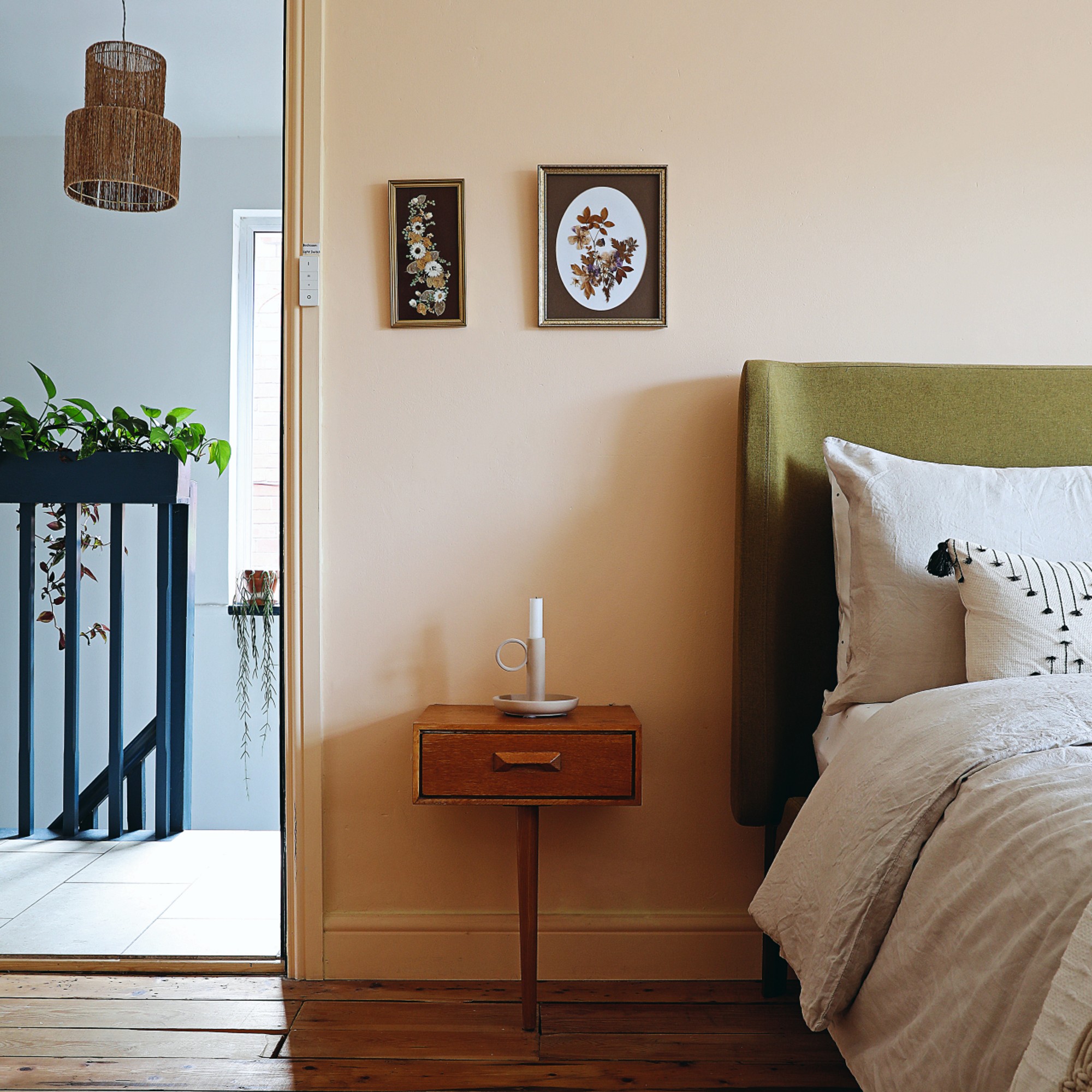
Why you shouldn't sleep with the heating on
'As we approach winter, there are many ways we are looking to keep warm in our homes. Whilst there isn't a strict rule against sleeping with the heating on, when we are thinking about our quality of sleep, there are a few reasons why I wouldn’t recommend it,' starts Sammy Margo, sleep expert at Dreams.
'It may seem obvious, as we know too well how difficult it can be to sleep during a heatwave, but to get a good night's sleep, your body needs to be cool. The body's natural sleep cycle involves a drop in core body temperature as you prepare for sleep.'
A bedroom that is too hot can interfere with this, which is why it's important to keep a bedroom cool, even in the winter months.

Sammy Margo has been a Chartered Physiotherapist for 32 years and specialises in sleep. She completed her Chartered Physiotherapy training and a Masters in Physiotherapy (MSc) at University College and Middlesex Hospital. Now as the founder of The Good Sleep Expert, she brings her expertise to The Dreams Sleep Matters Club.
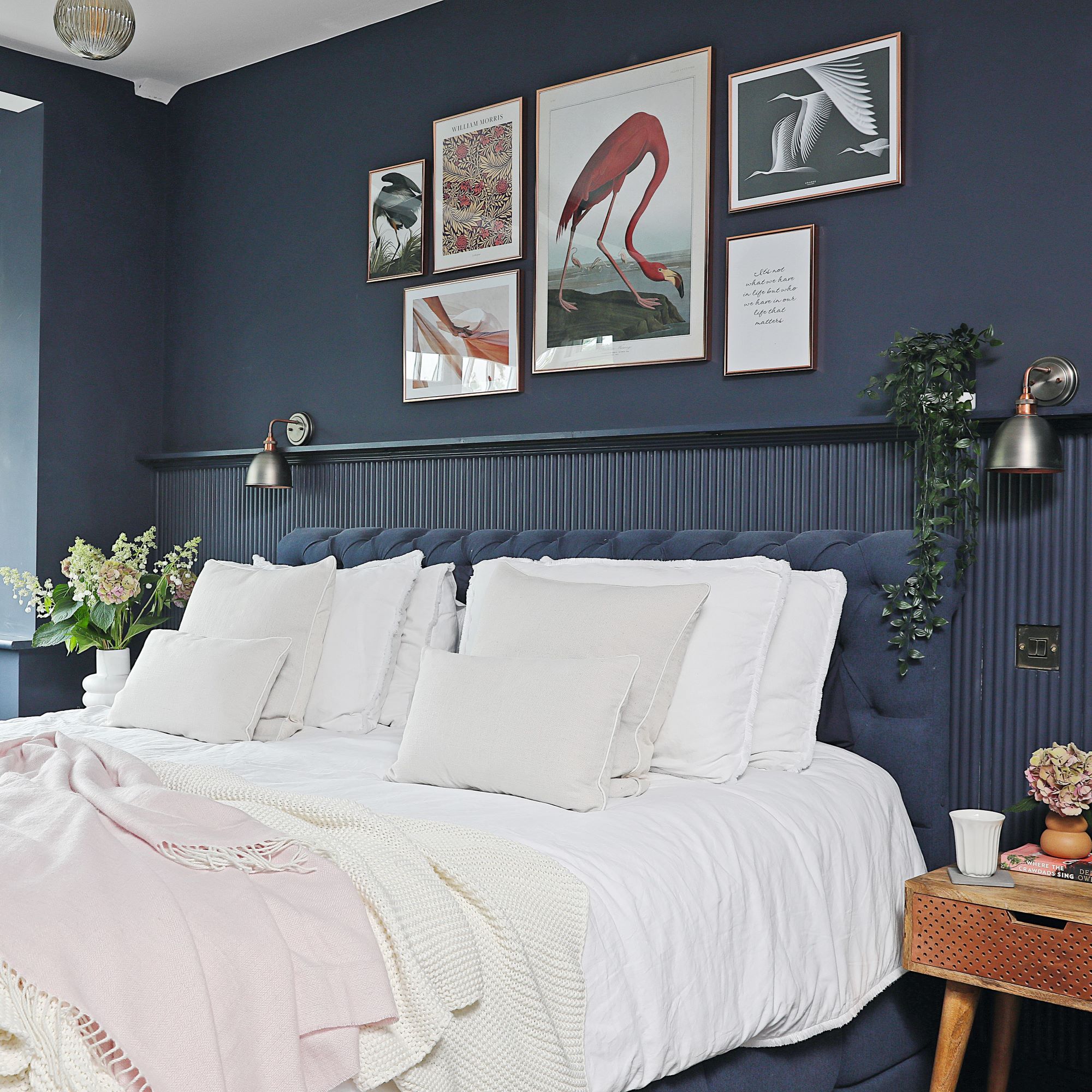
'Whilst living rooms should be heated to 21-23°C, most doctors recommend an ideal bedroom temperature of around 16-18°C,' explains Dr Hana Patel, resident sleep expert at Time4Sleep.
Sign up to our newsletter for style inspiration, real homes, project and garden advice and shopping know-how
'Bedrooms that are too cold or too hot can seriously impact your sleep. Overheated bedrooms can cause continued restlessness throughout the night, resulting in broken and disrupted sleep.'

After completing her medical training at the University College London in 2005, Dr Hana Patel became a member of the Royal College of General Practitioners in 2010. She now works as an NHS and private GP specialist in mental health and sleep, passionate about supporting patients struggling with sleep-related health issues.
She has since partnered with Time4Sleep as the resident sleep expert to highlight how sleep can affect us all, and how difficulties with this can affect all aspects of our lives.
To follow from the above, here are just a handful of reasons as to why you should avoid sleeping with the heating on at night, as advised by sleep experts.
1. Overheating
'Throughout the night it's important that we are regulating our temperatures well to optimise the release of the sleepy hormone. If you sleep with your heating on, there is a risk of overheating during the night,' warns Sammy.
'Overheating can disrupt your sleep, leading to discomfort and potentially impacting the quality and quantity of your sleep.'
Dr. Hana adds, 'Overheated rooms can also cause your skin to appear dry, red, and itchy when you wake up in the morning, due to the humidity that is present. Consider your use of heating if you have sensitive skin, as high levels of humidity can also cause dust mites and mould growth which are both common triggers for eczema.'
In this case, it may very well be worth looking into buying a dehumidifier for your bedroom, especially following research which revealed that dehumidifiers can help you sleep better.
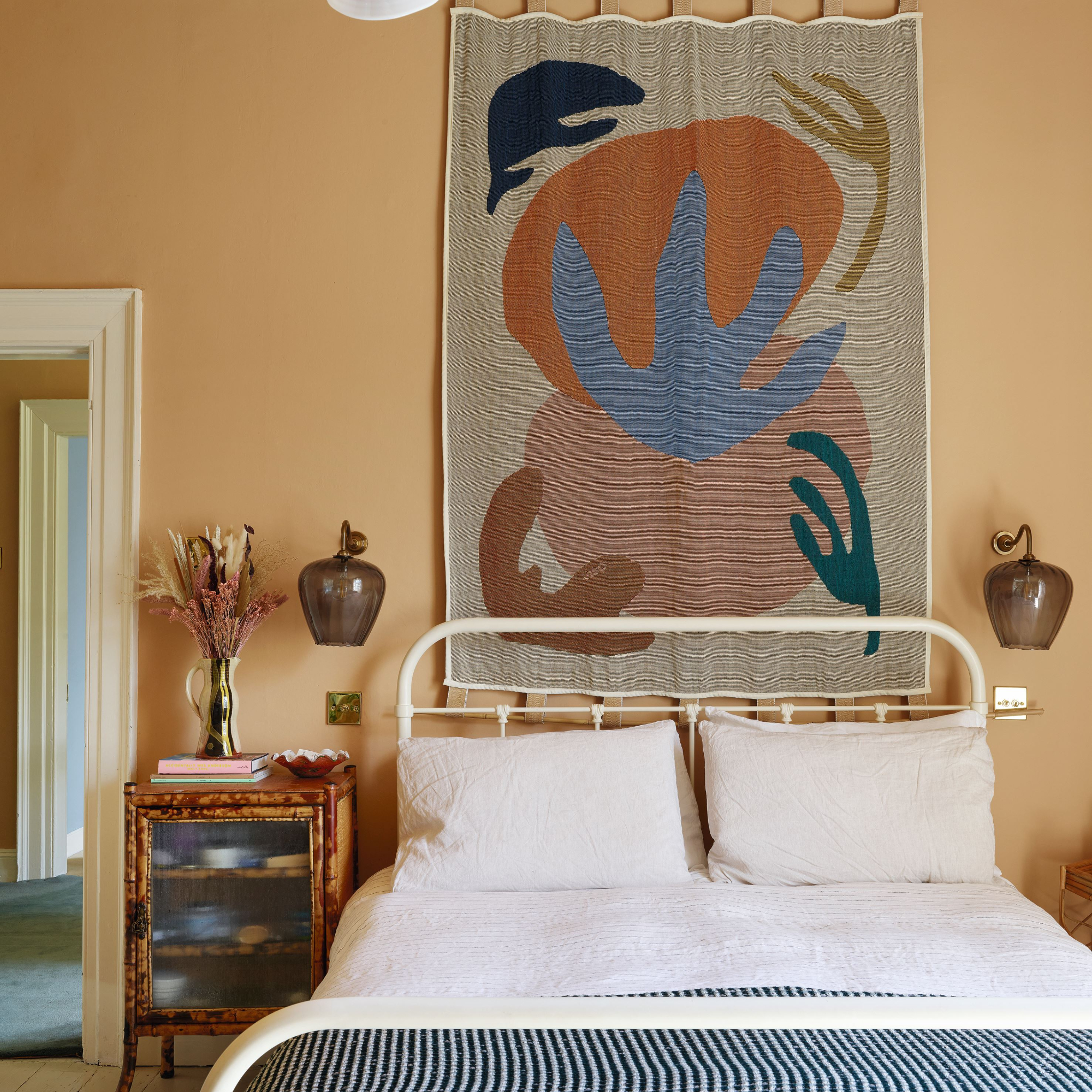
2. Respiratory issues
'Keeping your heating on at night generates excessive heat, creating the perfect breeding ground for mould and other bacteria, posing a risk to your respiratory health,' Chris Tattersall, sleep expert and MD of Woolroom.

Chris Tattersall is a Sleep Environment Expert and has been developing and selling sleep-related products since 1997. Since 2012, Chris has been Managing Director of Woolroom. Focused on the often-forgotten area of the sleep environment, Chris is passionate about highlighting the holistic sleep environment and the importance of what we sleep on, under and in, by raising awareness about how certain fibre types can impact our sleep.
Rebecca Swain, mattress expert at Winstons Beds adds, 'The heating can dry out the air and make the room feel stuffy and uncomfortable to sleep in. It can make it feel harder to breathe in and cause dry throats and nasty coughs.'
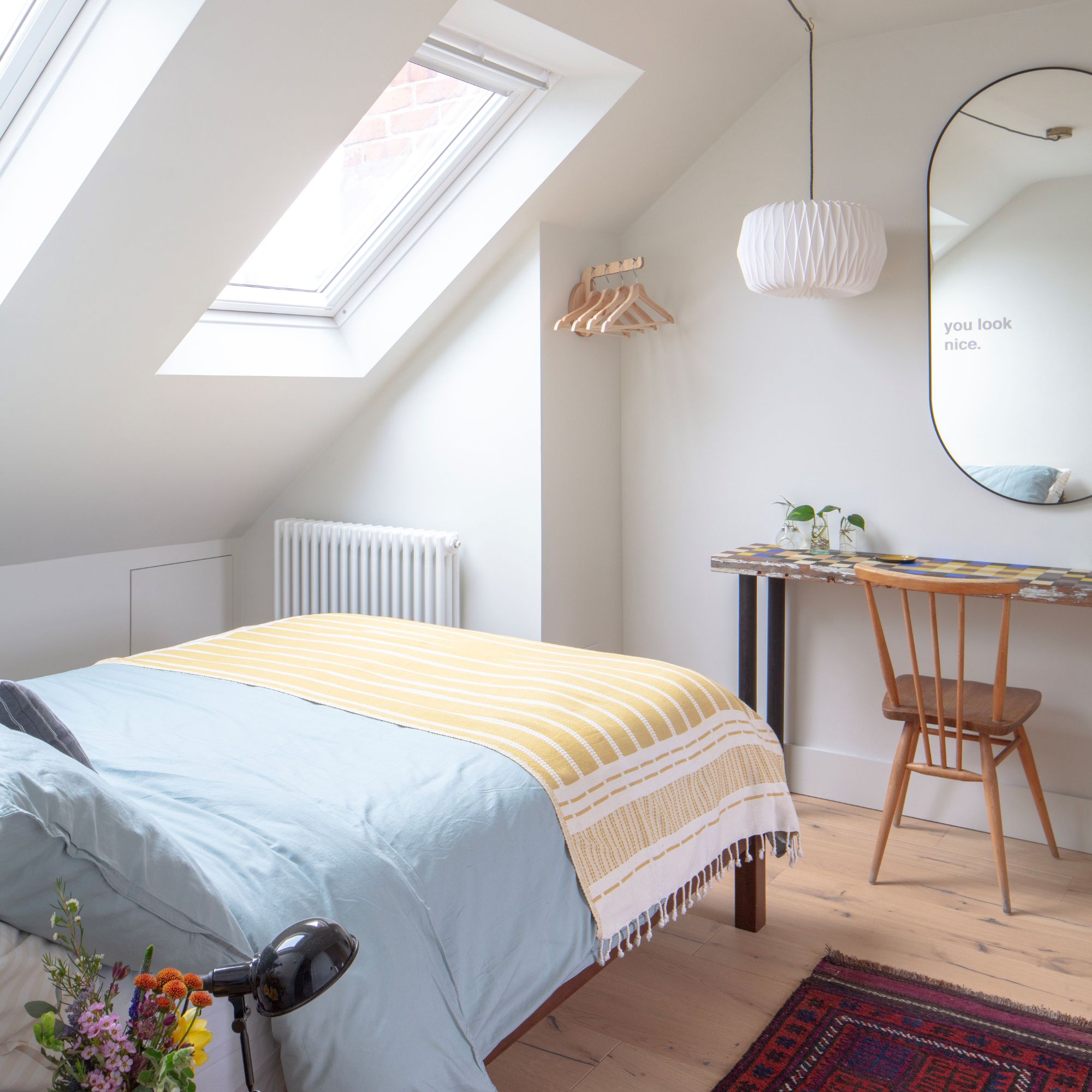
3. Dry skin
The change of season does a number on our skin enough, therefore, it pays to ensure your bedroom is working for you and not against you.
'Having the heating on during the night can negatively impact your skin,' warns Sammy. 'Dry air can cause all the natural and healthy moisture from your skin to evaporate and leave you with dry, flaky, and potentially irritated skin.'
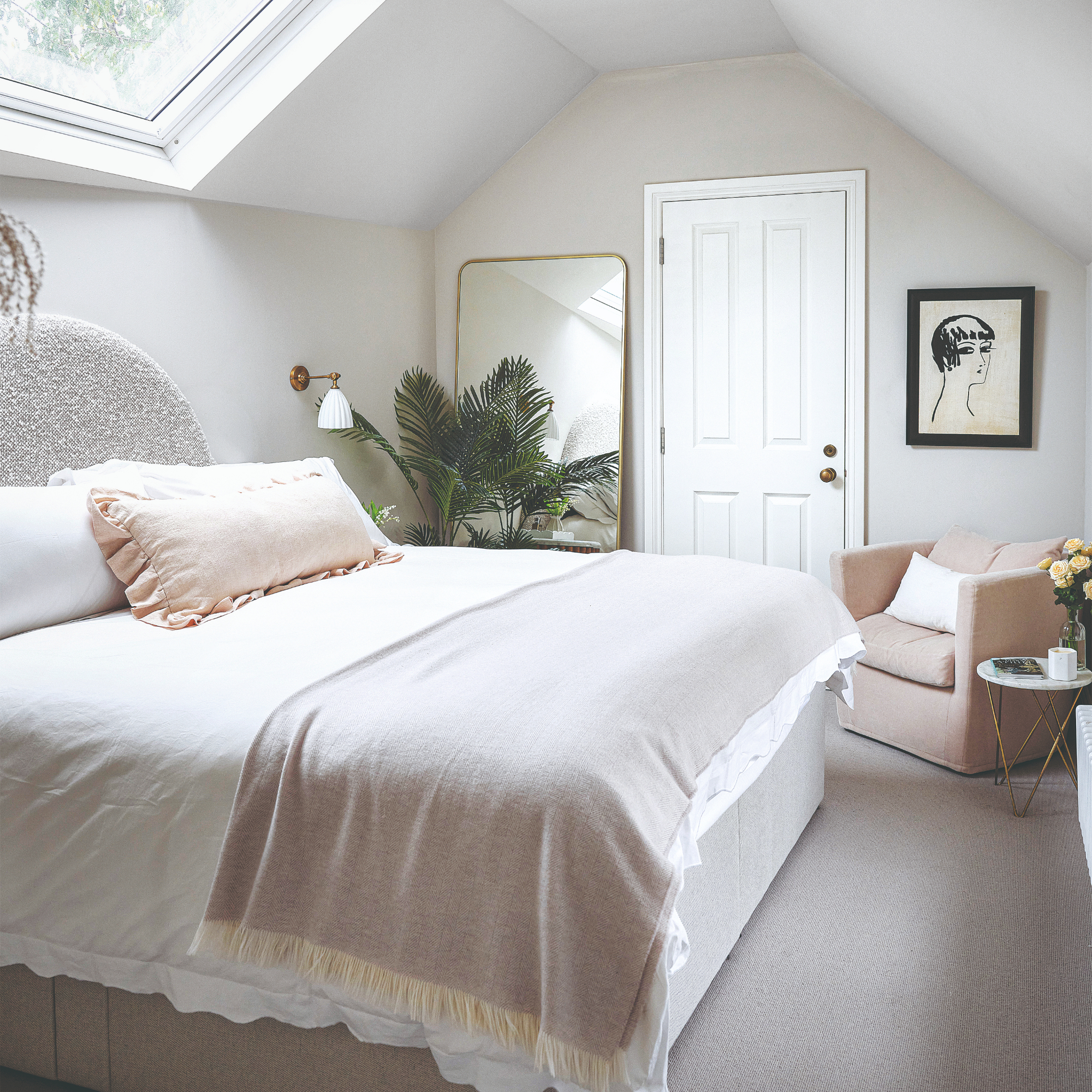
Commenting on the importance of bedding material in relation to keeping cool at night, Chris says, 'Being too hot at night can be a big sleep disruptor, and if the fibre of your bedding isn't breathable, such as down/feather or synthetic, these fibres will trap in moisture while you sleep. Therefore, having the heater on at night will only exasperate symptoms mentioned above.'
To help negate these unpleasant effects of having the heating on while you sleep, Sammy recommends you use 'breathable, natural fabrics for your bedding to help minimise issues with your skin.'
Chris continues, 'Embracing nature's solution with wool bedding offers a remarkable alternative. Wool acts as nature's heater during the colder months, helping to regulate temperature for a comfortable sleep. Beyond its warmth, wool is also hypoallergenic, reducing the risk of respiratory issues and skin irritations.'
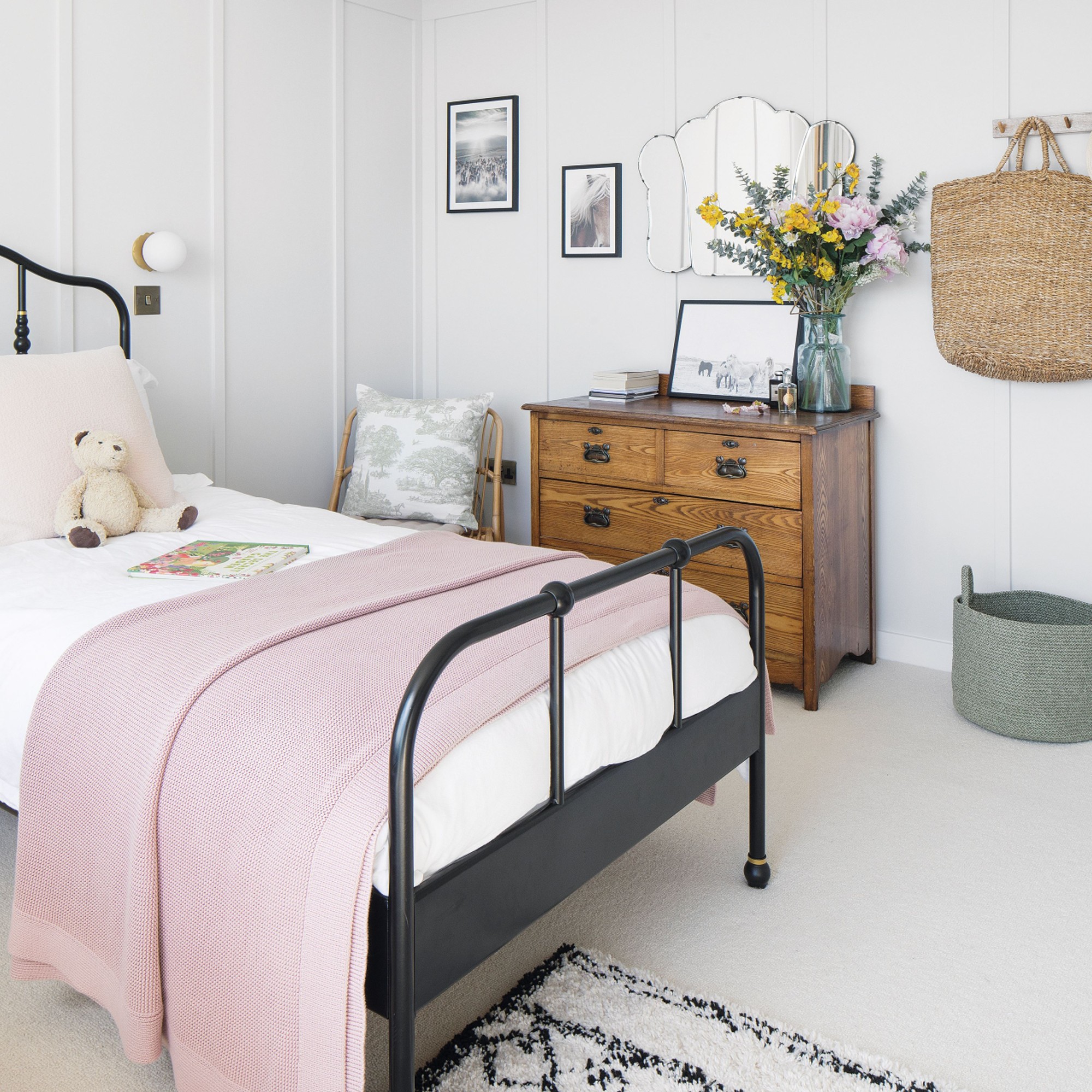
FAQs
Should heating be on at night?
Many doctors recommend an ideal bedroom temperature of around 16-18°C for the best quality of sleep. It's oftentimes that turning the central heating on will result in your home being considerably warmer than these recommended temperatures.
Therefore, experts would recommend against sleeping with the heating on to ensure your body stays cool during the night for optimum sleep.
Alternatively, if you are really cold and still looking for a solution to stay warm at night without affecting your sleep quality or health, Sammy recommends trying bed socks to tackle cold feet.
For those that get quite a bit colder at night, we would simply bring you back to our favourite electric blankets or long hot water bottles to help you keep warm.
Not only will keeping the heating off at night be a help for your energy bills, but your sleep quality will thank you, too. It's a win-win for all.

Jullia was Ideal Home’s Junior Writer from 2022-2024 and the Ideal Home Certified Expert in Training on Vacuums having spent over 60 hours testing different models. She’s always loved all things homes and interiors, graduating with a bachelor’s degree in Architectural Studies from the University of Nottingham where her love for writing blossomed following her internship at ArchDaily. Now focused on home tech and cleaning, Jullia works on writing features and explainers to help people make the most of their home appliance investments, putting the newest launches through their paces. When she isn’t writing, she loves exploring the city, coffee shop hopping, and losing hours to a cosy game or book.